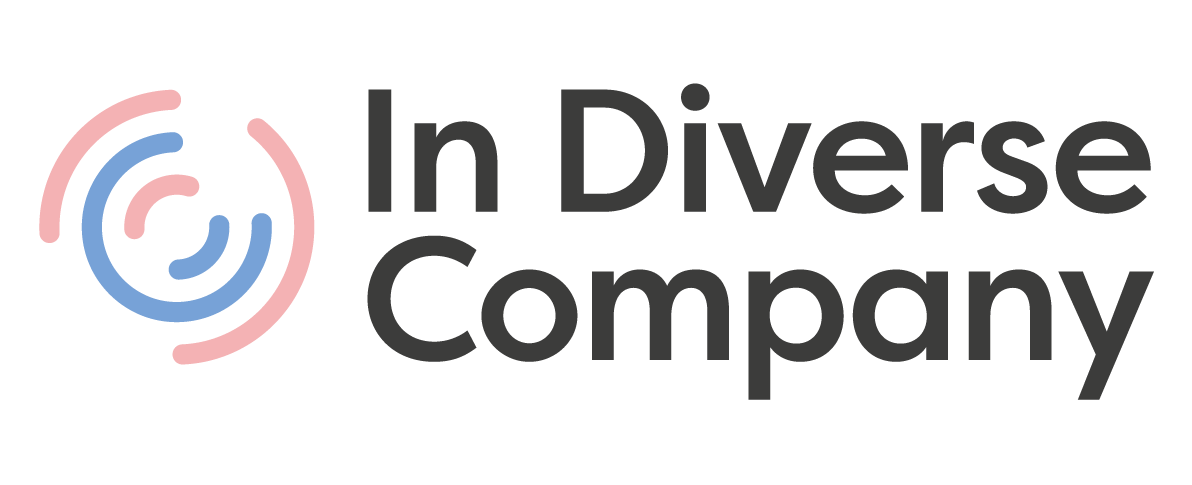By Jai Thade, Head of Content
Assumptions, like many tools, can be incredibly damaging in certain contexts, but incredibly helpful in others. It all depends on the nature of those presumptions.
Unhealthy assumptions might lead you to be prejudiced, jaded, or dismissive. Healthy presumptions, however, can be great at helping us trust others. And usually, trust begets trust. If I feel someone trusts me, I feel more likely to open up and trust them.
Here are examples of some healthy presumptions that can build trust if every team member possesses them:
- The other person is good and deserves to be treated as such until proven otherwise(i.e., giving people the benefit of the doubt)
- The other person is just as human as you are (this is particularly useful when you feel an intense dislike of someone else, dislike can lead you to dehumanise others)
Chade-Meng Tan, co-founder of the Search Inside Yourself Leadership Institute also has what he calls the 3 Assumptions, which he invites everybody to make in whatever meeting he chairs. These are:
1) Assume that everybody in this room is here to serve the greater good until proven otherwise
2) Assume that none of us has any hidden agenda until proven otherwise
3) Assume that all individuals are reasonable even when you disagree with them until proven otherwise
Instituting any one of these as actions or habits in your daily work is sure to help build trust in your team.
Sometimes exclusionary actions are the result of explicit prejudice, other times they can be an unintentional result of implicit biases. However, there is another possibility – the act or comment is misinterpreted by the recipient. The likelihood of misinterpretation can be increased if one has had many exclusionary experiences in the past, or even by an individual’s current mood.
One of the ways this misinterpretation can occur, for instance, is through the thinking error of mind-reading. Here, an individual may negatively over-interpret the words of others without any attempts at verification.
Here’s an example:
Sumit is a Netherlander of Indian origin who works as a marketing manager in the city of Delft. To familiarise himself with a new female colleague of his who he has recently been assigned to work with, he’s grabbing some coffee with her at a nearby café. Their conversation begins with learning more about each other’s professional journeys and what brought them to the current organisation they’re working at. She then pauses and asks him “Where are you born”?
While this appears to be a microaggression, Sumit paused, took a deep breath, and asked “What makes you ask?”.
She responded casually “I’ve shifted to Delft recently so I’m wondering if you’re from around here. If so, it would be nice to get a local’s perspective on things to do and places to go.”
Sumit would be well within his right to respond more firmly if he were asked the same question with a condescending tone, or if the question came from someone who has had a poor track record when it comes to being inclusive, however in situations like this, assuming positive intent is another option at his disposal.
How will you apply healthy assumptions in your workplace daily?
Liked this article? Share it with your network:
Here’s your next read: an article on how being kind is essential to being inclusive.
Unhealthy assumptions might lead you to be prejudiced, jaded, or dismissive. Healthy presumptions, however, can be great at helping us trust others. And usually, trust begets trust. If I feel someone trusts me, I feel more likely to open up and trust them.






